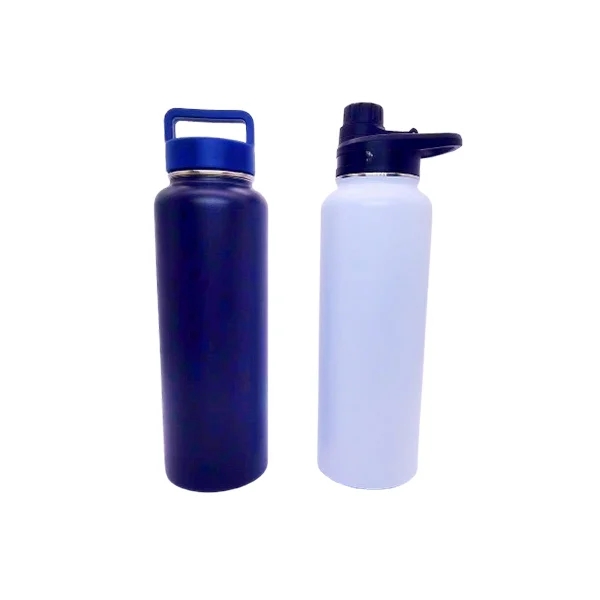Essential Insights: What to Know Before You Go Camping
Camping is an exhilarating way to reconnect with nature, escape the hustle and bustle of daily life, and create lasting memories with friends and family. However, to ensure a safe and enjoyable experience, there are several critical factors to consider before embarking on your outdoor adventure. This article delves into essential insights that every camper should know, covering preparation, gear selection, safety measures, and environmental considerations.
- Planning Your Trip
a. Choose the Right Location
Selecting the perfect campsite is the cornerstone of a successful camping trip. Research various camping locations, considering factors such as accessibility, amenities, and activities available. National parks, state parks, and private campgrounds each offer unique experiences. Look for reviews and recommendations online to gauge the suitability of the site for your group’s needs.
b. Understand the Regulations
Each camping area has its own set of rules and regulations. Familiarize yourself with the specific guidelines regarding campfires, wildlife interactions, and waste disposal. Many parks require permits for camping, especially in popular areas, so ensure you secure these in advance to avoid any last-minute issues.
- Essential Gear and Equipment
a. Tent Selection
Investing in a high-quality tent is crucial for a comfortable camping experience. Consider factors such as size, weight, and weather resistance. A three-season tent is ideal for most conditions, while a four-season tent is necessary for harsher climates. Ensure your tent is easy to set up and comes with a rainfly for added protection against the elements.
b. Sleeping Gear
A good night’s sleep is vital for enjoying your camping trip. Choose a sleeping bag rated for the temperatures you expect, and consider a sleeping pad for added comfort and insulation from the cold ground. Don’t forget pillows or alternatives like stuff sacks filled with clothes to support your head.
c. Cooking Equipment
Plan your meals ahead of time and pack the necessary cooking gear. A portable stove, fuel, cooking utensils, and a cooler for perishables are essential. Opt for lightweight, compact cookware that is easy to clean. Don’t forget to bring enough food and snacks to keep everyone energized throughout the trip.
- Safety Precautions
a. First Aid Kit
Accidents can happen, even in the great outdoors. A well-stocked first aid kit is a must-have for any camping trip. Include items such as band-aids, antiseptic wipes, pain relievers, insect repellent, and any personal medications. Familiarize yourself with basic first aid procedures to handle minor injuries effectively.
b. Wildlife Awareness
Understanding the wildlife in the area you’re camping is crucial for safety. Learn about the local fauna, including any potentially dangerous animals, and how to store food properly to avoid attracting them. Bear-proof containers and hanging food bags are effective methods for keeping your campsite safe.
c. Weather Preparedness
Weather can be unpredictable, especially in mountainous or forested areas. Check the forecast leading up to your trip and prepare for varying conditions. Pack layers of clothing to accommodate temperature changes and ensure you have waterproof gear in case of rain.
- Environmental Considerations
a. Leave No Trace Principles
As responsible campers, it’s essential to minimize your impact on the environment. Follow the Leave No Trace principles, which include packing out all trash, staying on designated trails, and respecting wildlife. This ensures that natural areas remain pristine for future generations to enjoy.
b. Campfire Safety
Campfires can enhance the camping experience, but they also pose risks. Always check fire regulations for your campsite and use established fire rings. Keep fires small, never leave them unattended, and ensure they are completely extinguished before leaving the site.
- Embrace the Experience
Camping is not just about the destination; it’s about the journey and the experiences you share with your companions. Take time to disconnect from technology and immerse yourself in nature. Engage in activities like hiking, fishing, or stargazing, and cherish the moments spent around the campfire sharing stories.
Conclusion
Camping can be a rewarding and enriching experience when approached with the right knowledge and preparation. By understanding the essentials of planning, gear selection, safety precautions, and environmental responsibility, you can ensure a memorable adventure that respects nature and enhances your outdoor skills. So pack your bags, gather your friends or family, and get ready to explore the great outdoors with confidence!





